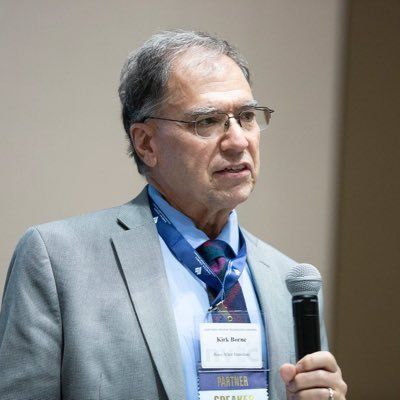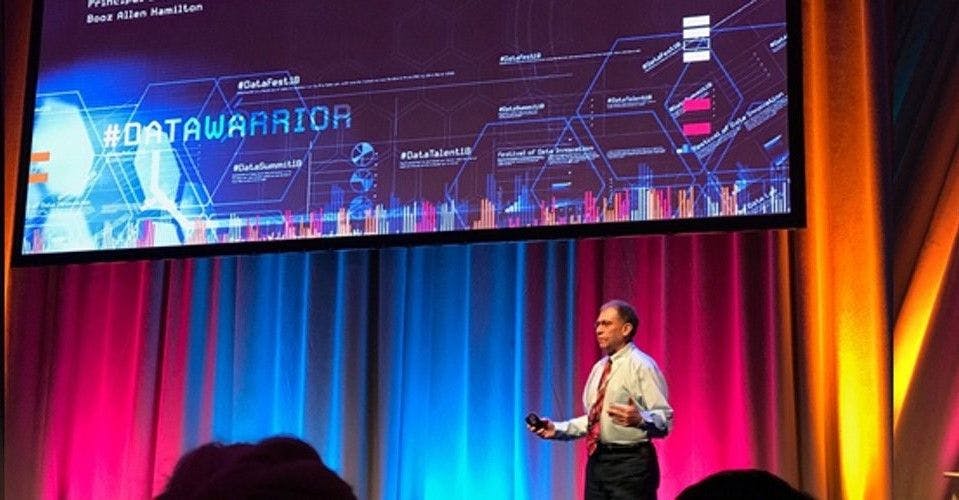1,723 reads
‘Data Science Is Not a Math Skill but a Life Skill’: Noonies Nominee Kirk Borne
by
November 16th, 2021
Audio Presented by

Global Speaker. Founder @LeadershipData. Top #BigData #DataScience #AI #IoT #ML Influencer. PhD Astrophysics
About Author
Global Speaker. Founder @LeadershipData. Top #BigData #DataScience #AI #IoT #ML Influencer. PhD Astrophysics
Comments
TOPICS
THIS ARTICLE WAS FEATURED IN
Related Stories
2017: A Data Odyssey
Jan 02, 2017
